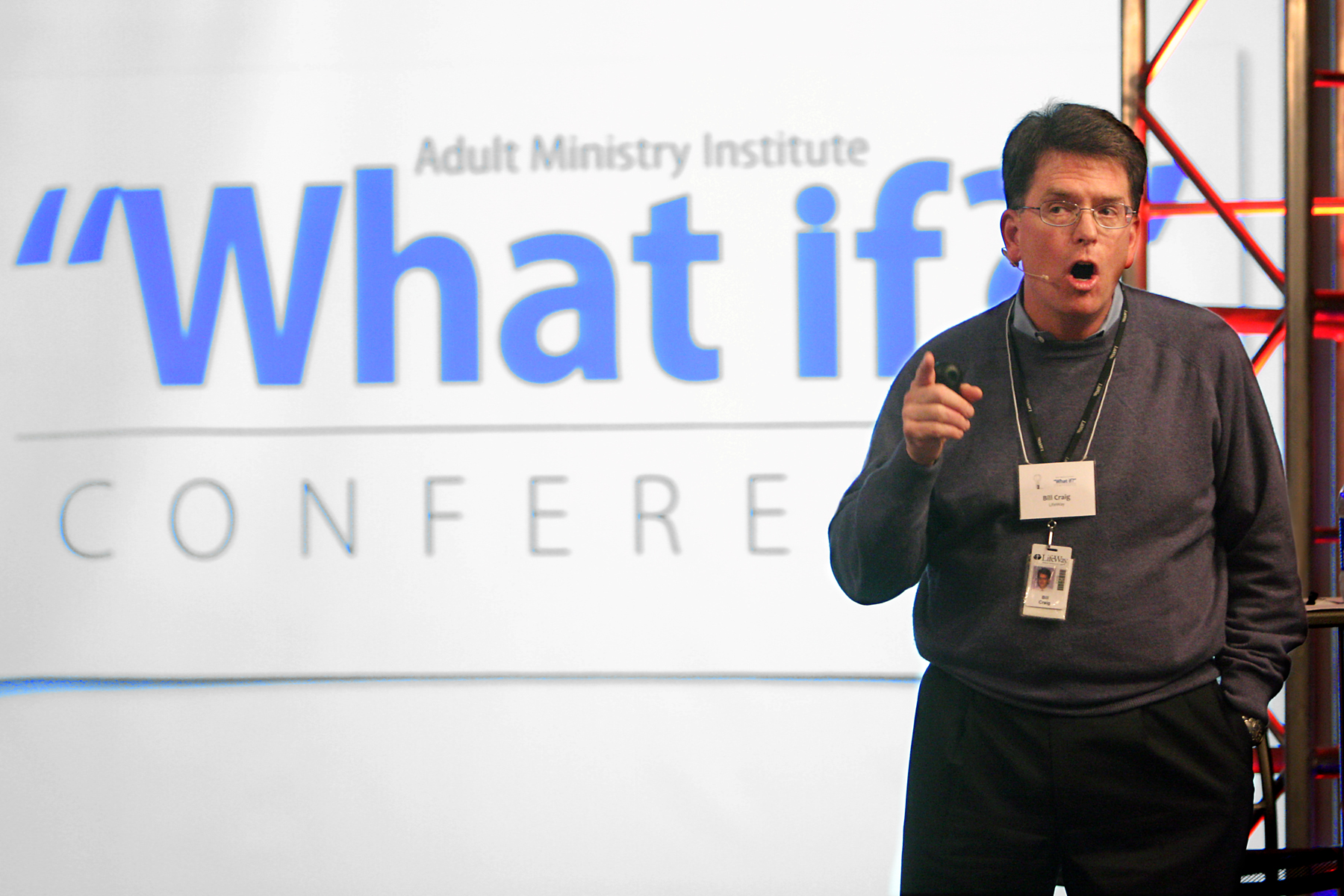
NASHVILLE, Tenn. (BP)–Young adults increasingly are making an impact in the world. “But it isn’t so much happening in the church,” said Jason Hayes, young adult ministry specialist for LifeWay Christian Resources.
Hayes was among the speakers at an Adult Ministry Institute attended by ministers and young adult leaders from across the country at the Southern Baptist entity’s Nashville, Tenn., headquarters.
Information from LifeWay Research studies guided much of the conference’s content addressing challenges that churches face in reaching young adults as well as baby boomers and those in the “legacy” generation of adults age 55 and over.
“We heard in our research from both churched and unchurched young adults who said they wanted to go beyond the normal ‘hellos’ and congeniality of church,” Hayes said. “They wanted to go beyond the geographic location of community and connect with social geography.”
Young adults have “more interest in community than anything that could be put on any menu in any coffee shop or restaurant,” Hayes said, noting, “It is not the product but the experience.”
Ed Stetzer, director of LifeWay Research, said the challenge for churches is not to change what they believe in order to make Christianity more palatable in an era of pluralistic viewpoints, but to communicate those beliefs more effectively to unchurched young adults.
“Too many churches choose their traditions over their children and grandchildren,” said Stetzer, co-author of a new book, “Lost and Found: The Younger Unchurched and the Churches that Reach Them,” with Hayes and Rick Stanley. “I just don’t believe that the standard pick-up evangelism lines we’ve used for all these years will work with this generation. I think it’s going to require long-term conversations and relationships.”
Unchurched young adults have no problem believing that Christ rose from the dead, Stetzer said, but they also believe that Buddha walked on water and Muhammad healed people. They believe almost anything, Stetzer said, but it doesn’t lead to salvation through Christ.
“Don’t leave this conference thinking if you make your church and yourself cool, you’ll attract young adults,” Stetzer said. “The answer is to make your church more godly and true to the Word of God. That is what will draw young adults.”
Baby boomers, meanwhile, want their lives to matter, and they want to make connections and networks that will meet their needs, said Bill Craig, director of LifeWay’s business and ministry development area.
Churches must find ways to help boomers — the generation born between 1946 and 1964 — invest their lives in significant ministries, Craig said. And churches must help boomers find meaning in their relationships — to the church and to each other -– in order to engage them in congregational life.
Concerning ministry to adults 55 and over, Dan Allen of McGregor Baptist Church in Fort Myers, Fla., recounted that when he went on staff at the church, he discovered how complex the transition from median adults to older adults is for people.
“At McGregor, it was so that at 55, I was suddenly in the same group as my 78-year-old mother-in-law,” said Allen, the church’s minister to legacy adults. “Now, I love my mother-in-law and we have a great relationship, but we don’t share the same interests or want to do the same things.”
In ministering to this group, Allen said they are not ready to be called “senior” adults, nor are they thinking about retirement or moving into 55-plus communities. They are willing to commit to significant ministry and to short-term projects, he said, and they want to be involved in celebrative worship.
Many of these adults are the “sandwich generation,” dealing with children still at home and aged parents who need their care, Allen added. “They need help with the family situations,” he said. “This takes up a tremendous amount of their time and resources.”
Alan Raughton, LifeWay’s lead adult ministry specialist and coordinator of the Adult Ministry Institute, said participants were provided time during the Oct. 20-22 conference to develop plans to take back to their churches to improve their adult ministries.
“If they didn’t get to do those practical steps here,” Raughton said, “when they got home the tyranny of the urgent would take over and they might not get to plan … for reaching these adults.”
–30–
Polly House is corporate communications specialist for LifeWay Christian Resources of the Southern Baptist Convention.















